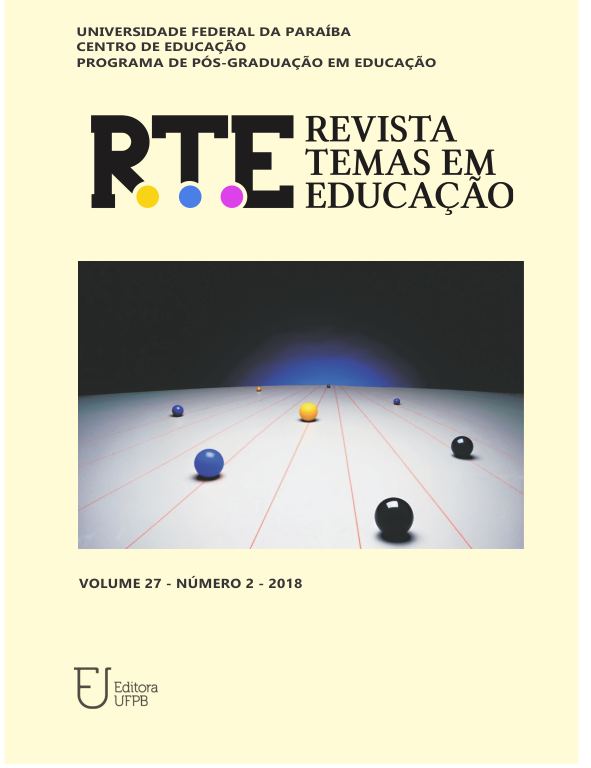GENDER EQUALITY IN HIGHER EDUCATION: PROGRESS AND CHALLENGES
GENDER EQUALITY IN HIGHER EDUCATION: PROGRESS AND CHALLENGES
DOI:
https://doi.org/10.22478/ufpb.2359-7003.2018v27n2.37352Keywords:
Higher Education., Gender equality., UFPB.Abstract
This article joins the discussion of gender equality in higher education by exploring the universe of undergraduate students from Federal University of Paraíba -UFPB / Campus I, mapping the participation of men and women by area of knowledge, considering sex and gender. The methodological procedure adopted was an exploratory and descriptive case study, which consisted of a statistical survey, with dataprovided by the Information Technology Superintendence -STI / UFPB, addressing the number of students enrolled in the 2016 school year. When we distributed these data according to the areas of knowledge, we noticed that women remained underrepresented inExact, Natural Sciences, Technology and Engineering (33%), remaining in areas understood as feminine -Human Sciences (57%) and Biological and Health Sciences (63%). The courses in the areas of Education, Health and Social Welfare, Services and Humanities, considered feminine, are the ones that attract women the most. Following this traditional trend, men prefer courses in Arts, Technology and Exact Sciences. However, if we consider the small participation of women in masculine courses and of men in feminine courses, we can see that we are still far from achieving gender equality in academia, as Nísia Floresta dreamed in the 19th century.
Downloads
Downloads
Published
How to Cite
Issue
Section
License
Authors who publish in this journal agree to the following terms:
. Authors retain the copyright and grant the journal the right to first publication, with the work simultaneously licensed under the Licença Creative Commons Attribution that allows the sharing of the work with acknowledgment of authorship and initial publication in this magazine. . Authors are authorized to assume additional contracts separately, for non-exclusive distribution of the version of the work published in this journal (eg, publishing in institutional repository or as a book chapter), with acknowledgment of authorship and initial publication in this journal.
. Authors are permitted and encouraged to publish and distribute their work online (eg in institutional repositories or on their personal page) at any point before or during the editorial process, as this can generate productive changes, as well as increase impact and citation of the published work (See O Efeito do Acesso Livre).



















